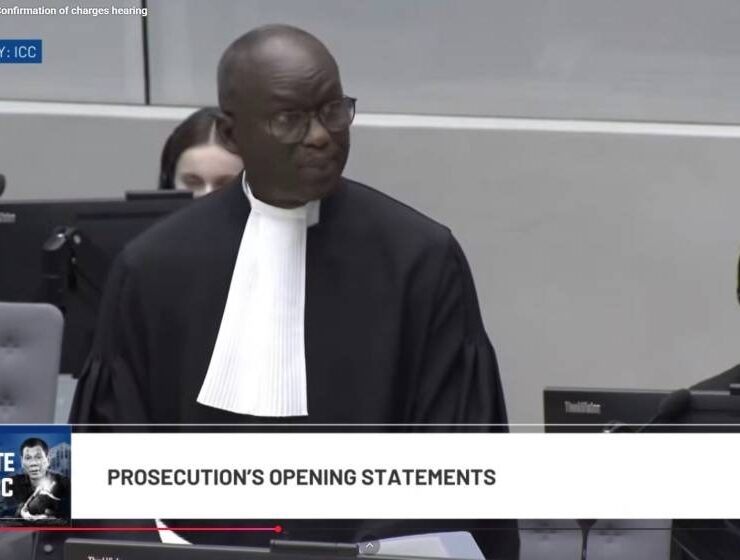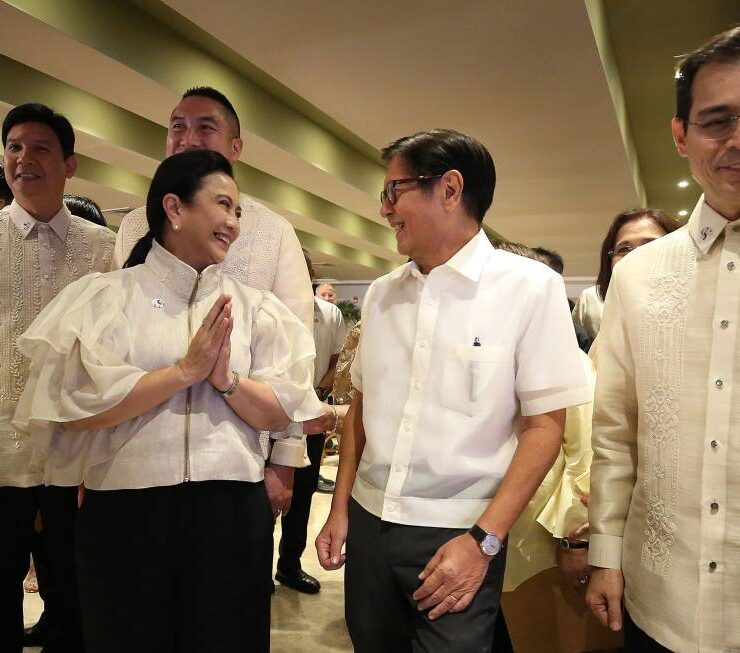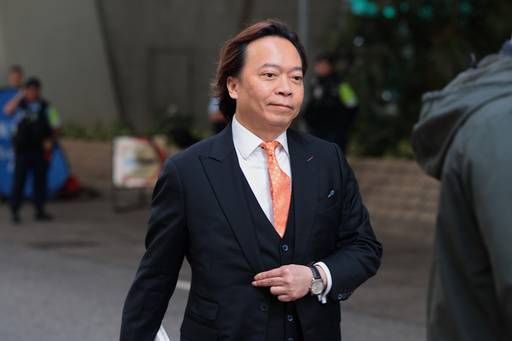South Korea suffers deadliest air crash
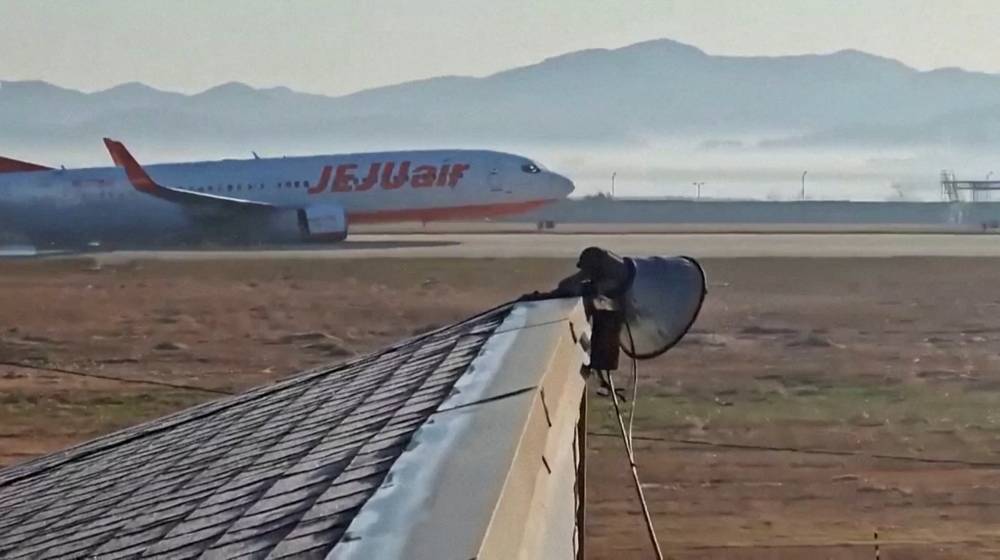
MUAN COUNTY, SOUTH KOREA—At least 167 people were killed when a Jeju Air plane belly-landed and veered off the runway, erupting in a fireball as it slammed into a wall at South Korea’s Muan International Airport on Sunday, the national fire agency said.
Jeju Air Flight 7C2216, arriving from the Thai capital Bangkok with 175 passengers and six crew on board, was attempting to land shortly after 9 a.m. at the airport in the south of the country, South Korea’s transport ministry said.
Two people, both crew members, were rescued, and officials have suggested the rest are presumed dead.
It is the deadliest air accident ever on South Korean soil, and the worst involving a South Korean airline in nearly three decades, according to ministry data.
The twin-engine Boeing 737-800 was seen in video broadcast on local media skidding down the runway with no apparent landing gear before slamming into a wall in an explosion of flames and debris.
The two crew members, a man and a woman, were rescued from the tail section of the burning plane, Muan fire chief Lee Jung-hyun told a briefing. The fire was extinguished as of 1 p.m., Lee said.
“Only the tail part retains a little bit of shape, and the rest of (the plane) looks almost impossible to recognize,” he said.
Authorities switched from rescue to recovery operations and because of the force of the impact, were searching nearby areas for bodies possibly thrown from the plane, Lee added.
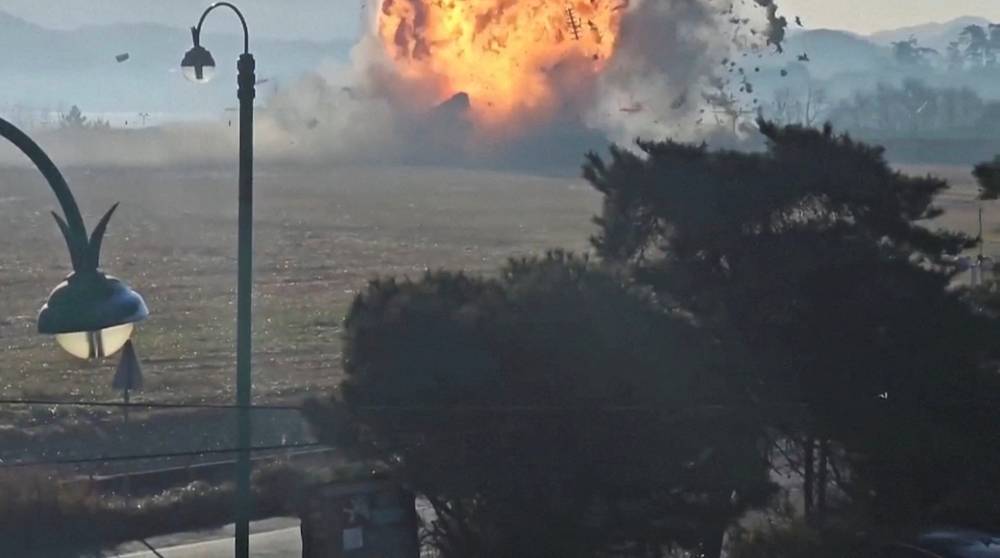
Severe injuries
The two crew were being treated at hospitals with medium to severe injuries, said the head of the local public health center.
Hours after the crash, family members gathered in the airport’s arrival area, some crying and hugging as Red Cross volunteers handed out blankets.
Families screamed and wept loudly as a medic announced the names of 22 victims identified by their fingerprints.
One relative stood at a microphone to ask for more information from authorities. “My older brother died and I don’t know what’s going on,” he said. “I don’t know.”
Another asked journalists not to film. “We are not monkeys in a zoo,” he said. “We are the bereaved families.”
Mortuary vehicles lined up outside to take bodies away, and authorities said a temporary morgue had been established.
The crash site smelled of aviation fuel and blood, according to Reuters witnesses, and workers in protective suits and masks combed the area while soldiers searched through bushes.
Authorities had worked to rescue people in the tail section, an airport official told Reuters shortly after the crash.
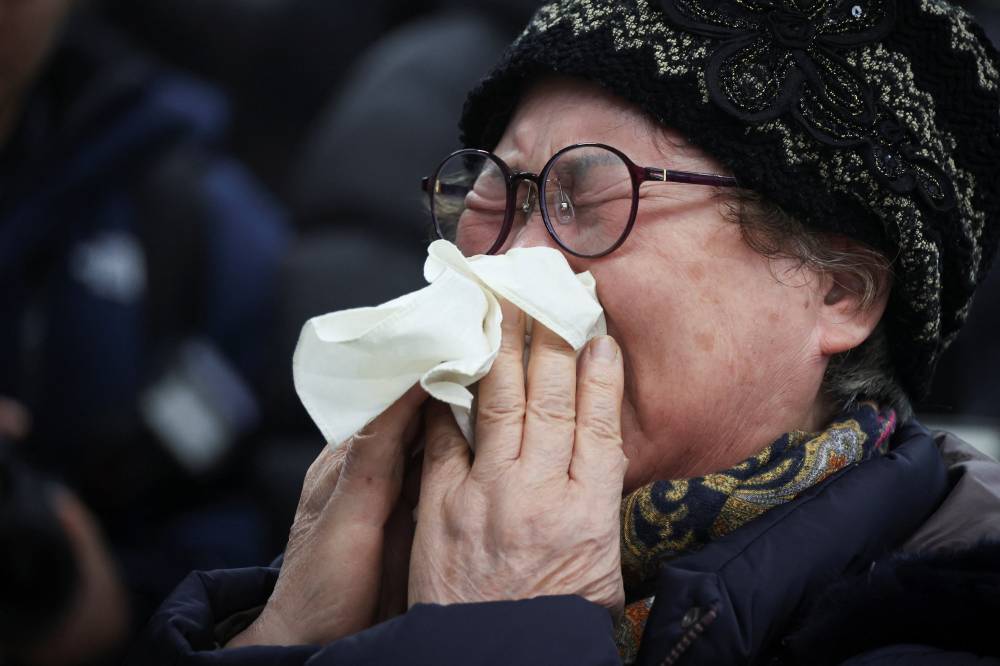
Worst on SoKor soil
The crash is the worst by any South Korean airline since a 1997 Korean Air crash in Guam that killed more than 200 people, according to transportation ministry data. The worst on South Korean soil was an Air China crash that killed 129.
Investigators are looking into bird strikes and weather conditions as possible factors, Lee said. Yonhap cited airport authorities as saying a bird strike may have caused the landing gear to malfunction.
The control tower issued a bird strike warning and shortly afterward the pilots declared mayday, a transport ministry official said, without specifying whether the flight said it struck any birds.
Soon after the mayday call the aircraft made its ill-fated attempt to land, the official said.
A passenger texted a relative to say a bird was stuck in the wing, the News1 agency reported. The person’s final message was, “Should I say my last words?”
The passengers included two Thai nationals and the rest are believed to be South Koreans, according to the transportation ministry.
The Boeing 737-800 jet, operated by Jeju Air, was manufactured in 2009, the transport ministry said.
Jeju Air CEO Kim E-bae apologized for the accident, bowing deeply during a televised briefing.
He said the cause of the crash was still unknown, that the aircraft had no record of accidents and there were no early signs of malfunction.
Reuters, the news and media division of Thomson Reuters, is the world’s largest multimedia news provider, reaching billions of people worldwide every day. Reuters provides business, financial, national and international news to professionals via desktop terminals, the world's media organizations, industry events and directly to consumers.
















